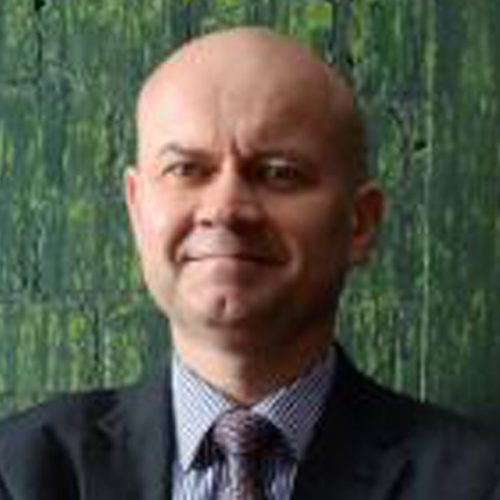He has research expertise in urban social and policy change for sustainable design and development. He has extensive experience in environmental techniques and sustainability appraisal and has a specific research interest in low carbon urban transitions.
Ralph combines research leadership and participation in projects concerning the environmental, social and policy context of production and consumption in the urban environment.
Ralph is a registered research supervisor in the following areas:
- Low carbon urban transitions, retrofitting and compact cities.
- Housing and households, zero emission affordable and quality housing design and production, and the lived experience of households, including in indigenous Australia and Latin America.
- Resilient urban futures, including socio-technical change, climate action planning and sustainability appraisal, in Australia, UK and South East Asian contexts.


